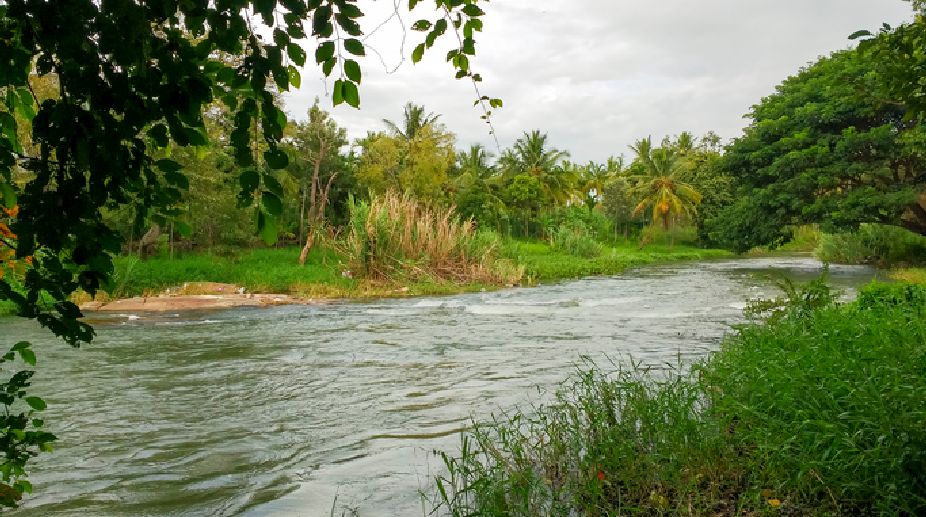India’s Got Latent: SC issues notice on YouTuber Ashish Chanchlani’s plea against FIRs
SC issues notice on YouTuber Ashish Chanchlani’s plea to quash or transfer FIR in India’s Got Latent case; tagged with Ranveer Allahabadia’s petition.

Representational Image (Getty Images)
Though the 16 February judgment on the Cauvery dispute is not favourable to Tamil Nadu, the State government is urging the Centre to implement it in toto which means the setting up of a Cauvery Management Board and a Cauvery Water Regulation Committee within six weeks of the judgment. Four weeks have already passed.
All that the Centre has done so far is to obfuscate the judgment. Karnataka, the only State south of the Vindhyas where the BJP has taken roots, goes to the polls in the next few months and the ruling party at the Centre is determined to wrest power there at all costs.
Advertisement
Of the four Cauvery riparian States, Karnataka is the lone State opposing the Supreme Court order. Being the State where the Cauvery originates, Karnataka wants to keep its waters under its absolute control irrespective of the party in power in the State.
Advertisement
The Congress government of Siddaramaiah has already made its position clear: it would not allow the formation of CMB or the CWRC. Prime Minister Narendra Modi has no time to meet an all-party delegation from Tamil Nadu to press for their formation.
In a specially convened session of the Tamil Nadu Assembly on 15 March, a resolution urging the Centre to constitute the CMB and CWRC was passed unanimously. New Delhi is deaf to Tamil Nadu’s pleadings.
Until 1974, Karnataka was releasing 324.6 tmcft of water into Tamil Nadu’s Mettur dam. The Cauvery Water Disputes Tribunal’s interim report of 1991 reduced the quantum to 205 tmcft.
Its final award in 2007 reduced it further to 192 tmcft. The Supreme Court, by allotting additional 14.75 tmcft to Karnataka, curtailed Tamil Nadu’s entitlement to 177.25 tmcft. Chief Justice Dipak Misra, who authored the judgment, said there was empirical evidence that Tamil Nadu had 20 tmcft of ground water and asked the government to tap at least half of it.
“We are not unmindful of over-extraction of groundwater in the absence of adequate replenishment and further in the areas proximate to the coastal zone is generally avoidable,” he said.
Tamil Nadu has the record of utilising maximum quantity of groundwater for irrigation. Karnataka has much more groundwater, 97 per cent of it potable.
That did not catch the eye of the CJ. The 1956 inter-state river water sharing law does not authorise the Union government or the judiciary to arbitrate on groundwater.
The SC affirmed that the waters of an inter-state river passing through the corridors of the riparian States constituted national asset and cannot be said to be located in any one State.
Being in a state of flow, no State can claim exclusive ownership of such waters and assert a prescriptive right so as to deprive the other States of their equitable share.
The ball is now in the Centre’s court. By not implementing the order, the Centre has put the institutional credibility of the SC at stake.
Advertisement